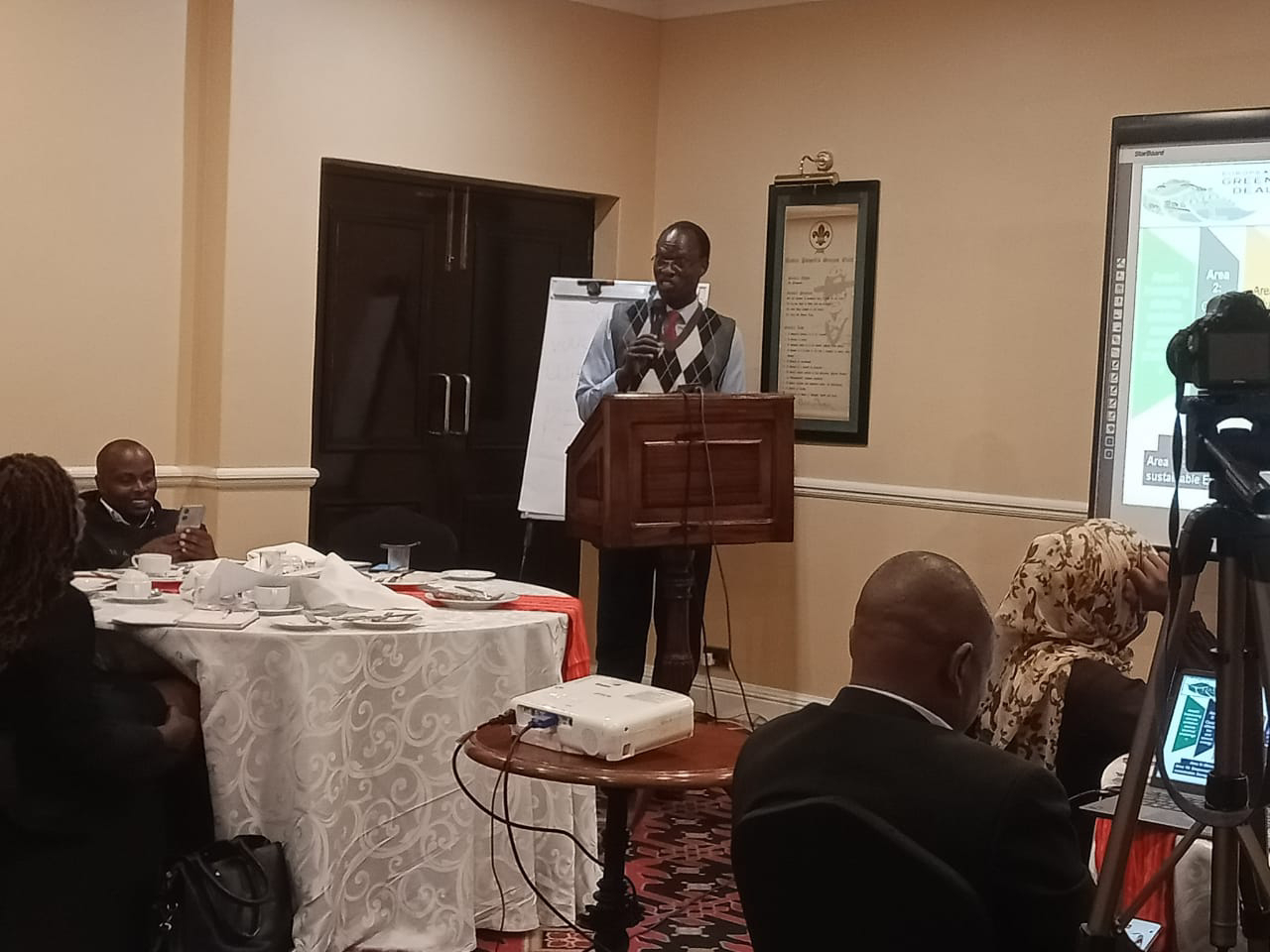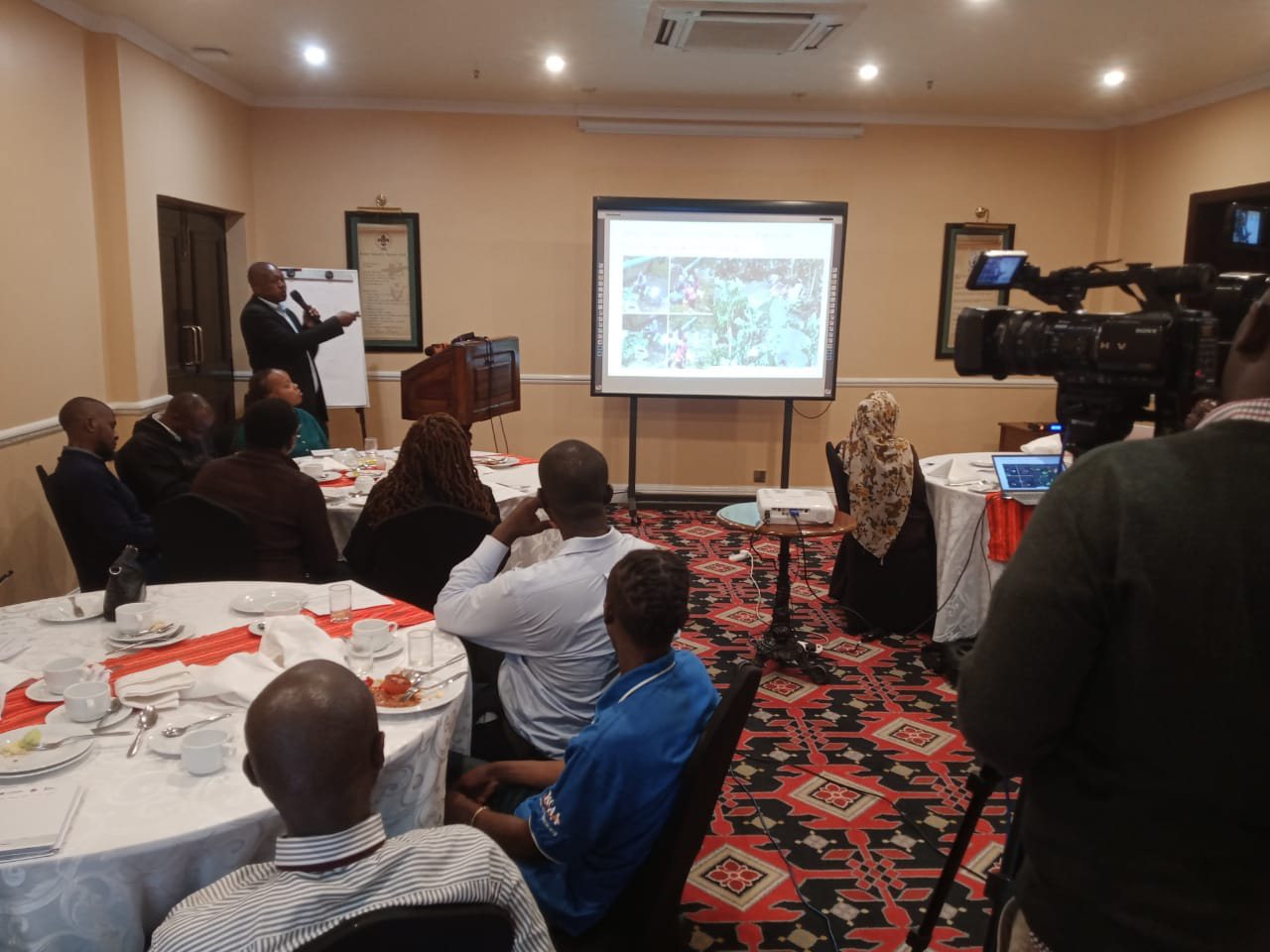Different regions face unique pest and disease challenges, necessitating different crop
protection products some of which don’t have alternatives yet. What may be restricted in
one part of the world could be deemed necessary in another.
Pesticides play a crucial role in safeguarding global crop production by combating pests
and disease-causing agents.These substances are toxic in nature, and their manufacture is
strictly controlled and regulated worldwide. Every country maintains a regulatory body to
oversee pesticide use, ensuring safety for both humans and the environment.
The right to food is a fundamental human right, and pesticides play a critical role in ensuring
global food security. Approximately 20-40% of potential crop production is lost each year due
to pests and diseases. Banning pesticide products would deny millions of Kenyans their right to food.
The PCPB operates as Kenya's regulatory authority for pesticides, and its team of experts has received comprehensive training and benchmarking against leading regulatory authorities in countries such as the United States, Canada, the United Kingdom, and Australia. The PCPB employs a rigorous evaluation process during pesticide registration to guarantee safety in accordance with international guidelines.
pesticide misuse by smallholder farmers is a concern addressed by PCPB. Efforts
have been made to limit the availability of certain products in small packs, but continuous
collaboration among stakeholders is essential to address this challenge effectively. After the
initial registration, pest control products undergo periodic reviews, following international
standards and local regulations. Evaluation processes are based on risk assessments, similar
to those employed in countries like the US, Canada, and Australia.
European Union has adopted a unique approach
by shifting from risk assessment to hazard assessment for pesticides, unlike pharmaceutical
drugs. This change has resulted in the exclusion of numerous active ingredients from use in
the European Union (EU). The implications of this shift in the EU's approach have brought
about significant consequences for countries exporting agricultural products to the EU. These
countries are compelled to review their pesticide products and restrict their use on certain
crops. While this approach may be suitable for the EU, which experiences fewer pests by
virtue of being a temperate zone, it presents challenges for tropical regions worldwide.
Recently, the PCPB shared the outcomes of its periodic reviews based on risk assessment and
taking into account access to EU markets. Ensuring consumer and pesticide user safety is our top priority. Food safety is key during approval of pesticides that is why MRLs are required for
product registration –data used to provide Pre-Harvest Interval (PHI)-number of days waited
out after spraying the product before harvesting which must also be provided.
The PCPB is aware of misinformation circulating about the registration of Highly Hazardous
Pesticides in Kenya. It is essential to clarify that the EU's withdrawal of uses is often due to low
pest pressure, a fact that is not always conveyed to the public. Moreover, most of the world
disagrees with the EU's decision, and these disputes are being contested in the World Trade
Organization (WTO). Kenya adheres to international conventions and protocols, including the Rotterdam, Basel, and Stockholm conventions, where the procedural banning and restriction
of chemicals and pesticide formulations are governed. A list of banned pesticides is
available on the PCPB website.
products registered in Kenya are also duly registered in other countries, such as the US and Canada. However, the EU's removal of uses may stem from hazard assessment and voluntary withdrawals by companies due to economic
considerations. some products serve vital roles in public health pest control, such as mosquito and bedbug prevention, which may not be considered pests in other regions.
PCPB encourages the crop protection industry to continue innovating in plant science to develop new and improved crop protection solutions,individuals making statements about pest control products are requested to engage experts to ensure accurate information is disseminated to the public.




